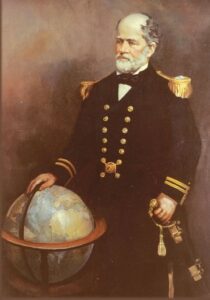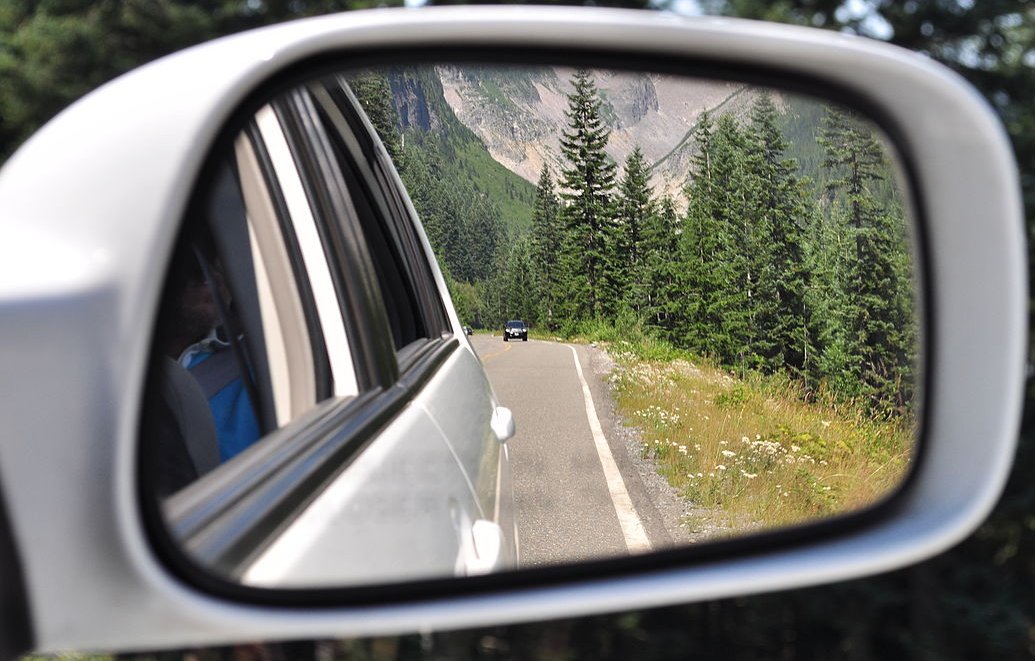
In the May-June 2020 issue of Harvard Magazine, professor Elizabeth Bartholet wrote an article proposing a “presumptive ban” on home education. One of the main justifications Dr. Bartholet gave for this ban was her fear that homeschooling promoted abuse. After all, homeschooled students are “isolated,” while children in school are seen by adults who are required by law to report signs of abuse so that they might be investigated. Since homeschoolers don’t have this extra layer of protection, abuse must be more common in homeschool settings. Several rebuttals followed, some from Harvard graduates. However, the fact remains that there has not been much research into the relationship between homeschooling and abuse.
Homeschooling researcher Dr. Brian Ray and his colleague Dr. M. Danish Shakeel have tried to fill this gap. They recently published a study in the Journal of School Choice in which they attempted to determine whether or not a child’s educational experience, which they called the child’s “school sector,” is correlated with abuse. They conclude:
We find no clear association between a child’s school sector and his or her experiences of abuse and neglect while growing up. Instead, demographic variables such as family structure, years in foster care, large family size, and household poverty bear a strong relationship with child abuse and neglect.
In other words, whether a student goes to a school or is homeschooled does not affect whether or not the child is a victim of abuse. While I applaud Drs. Ray and Shakeel for investigating this matter, I am not confident that this study puts the question to rest. It’s not that the study is poorly done; it is an excellent study based on the data they have. I just think they need a lot more data to make a really solid conclusion.
To do the study, they developed a survey designed to assess whether or not a person had been abused in the past. There was a lot of thought put into that survey. It was reviewed by a panel of 12 people from various walks of life and was then tested on a small group of individuals. Thus, I find no fault with their survey. They then used an experienced survey organization (the Barna Group) to administer their survey on what the Barna Group considered a nationally-representative sample of people. This produced answers from 527 people with more than six years of education in public school, 293 with the same amount of experience in private school, and 150 with the same amount of homeschooling. An additional 202 people had less than six years of experience in either type of school. In order to improve their homeschool sample size, they recruited another 81 people with more than six years of homeschooling experience to take the survey.
When they then compared the abuse experiences of those who went to school versus those who did not, they actually found a very, very weak correlation. The homeschooled students were slightly more likely to have experienced abuse than those who went to a school. However, as is the case with any study that involves people, there are many confounding factors. We know that abuse is more common among certain demographics, so what appears to be a weak correlation between homeschooling and abuse might actually be the result of demographics rather than the type of schooling used.
As a result, they used statistical modeling to control for the confounding demographic factors. When they did that, the correlation between abuse and any kind of schooling “vanished.” Of course, the problem is that statistical modeling for confounding factors, while absolutely necessary, is fraught with peril. In general, the more statistical modeling you do, the more participants you need in the study. Their total sample size was 1,253. To my mind, that’s not enough to do statistical modeling to compare groups. Now don’t get me wrong – there is nothing mathematically wrong with doing that. It’s just that the modeling is so difficult that I don’t think any conclusions can be considered robust with such a small number of subjects.
Nevertheless, if you believe that their modeling can produce firm conclusions, there is a second interesting result. When they tried to determine where abuse occurred, they found that among the homeschooled group, the vast majority of the abuse occurred when the students were either in the community or in some sort of “school” experience such as a homeschool co-op or at a school where they were taking just one or two classes:
The incidences of abuse and neglect for homeschool children are statistically significant only at community or some type of school, and the occurrence rates there are double or more than at family where the rate is not significant.
This, of course, goes directly counter to Dr. Bartholet’s view. The majority of abuse among homeschoolers occurs when the students are not “isolated” at home. While I am not sure this conclusion is robust, it does make sense. Yes, when students go into the community or some school setting, they are exposed to people who can report signs of abuse. However, they may also be exposed to abusers. Based on my experience, there are more abusers in schools and the community than those who notice and are willing to report signs of abuse. Thus, the more students are exposed to the community, the more likely they are to be abused.
Once again, I am not sure any of the conclusions of this study are certain, but nevertheless, it represents an excellent start to what I hope will be many more studies on the issue.


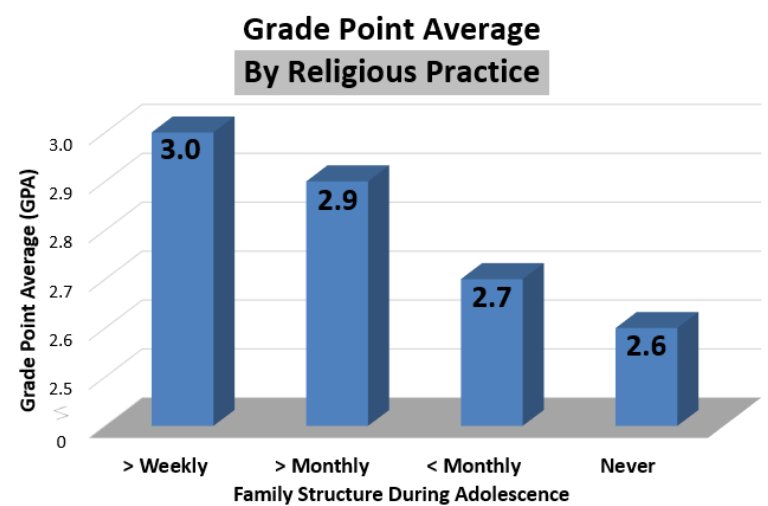
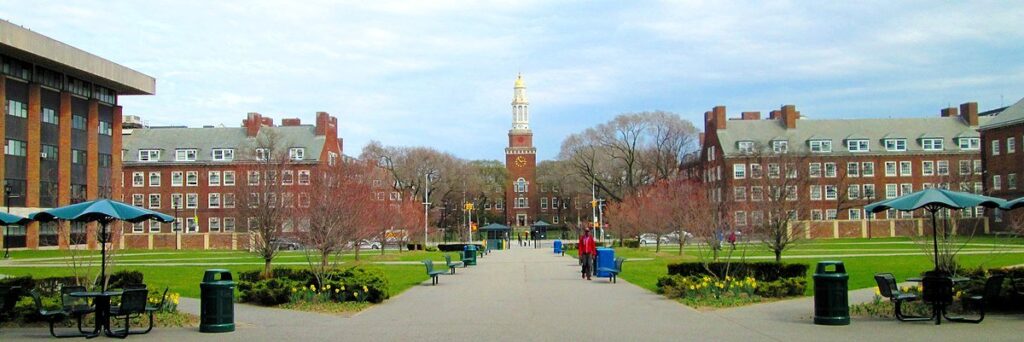


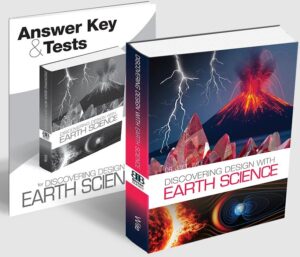 Because of difficulties surrounding supply chains, employment, etc., it took a lot longer than expected, but
Because of difficulties surrounding supply chains, employment, etc., it took a lot longer than expected, but 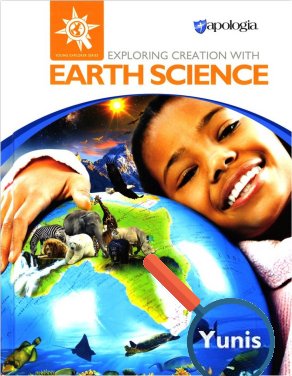
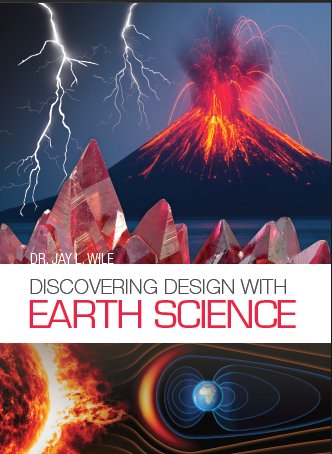 My latest book has been sent to the printer, and it should be ready in June. To learn more about it,
My latest book has been sent to the printer, and it should be ready in June. To learn more about it, 